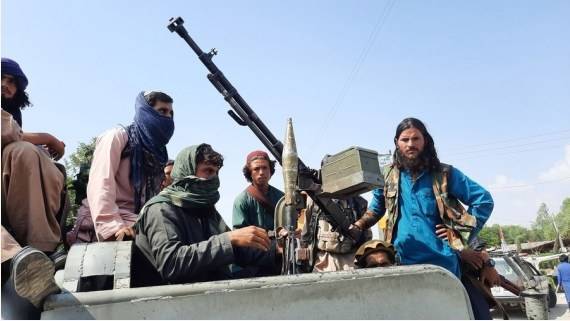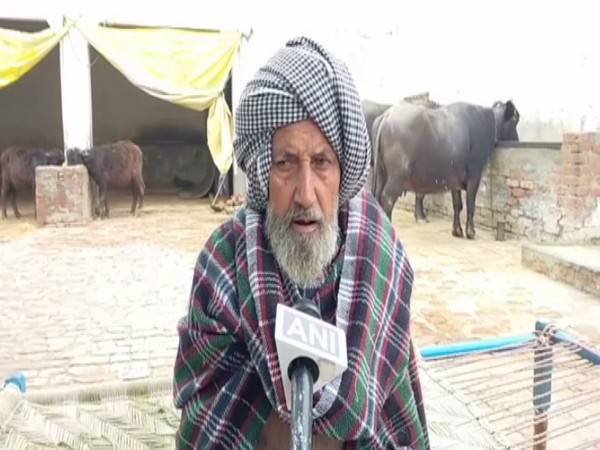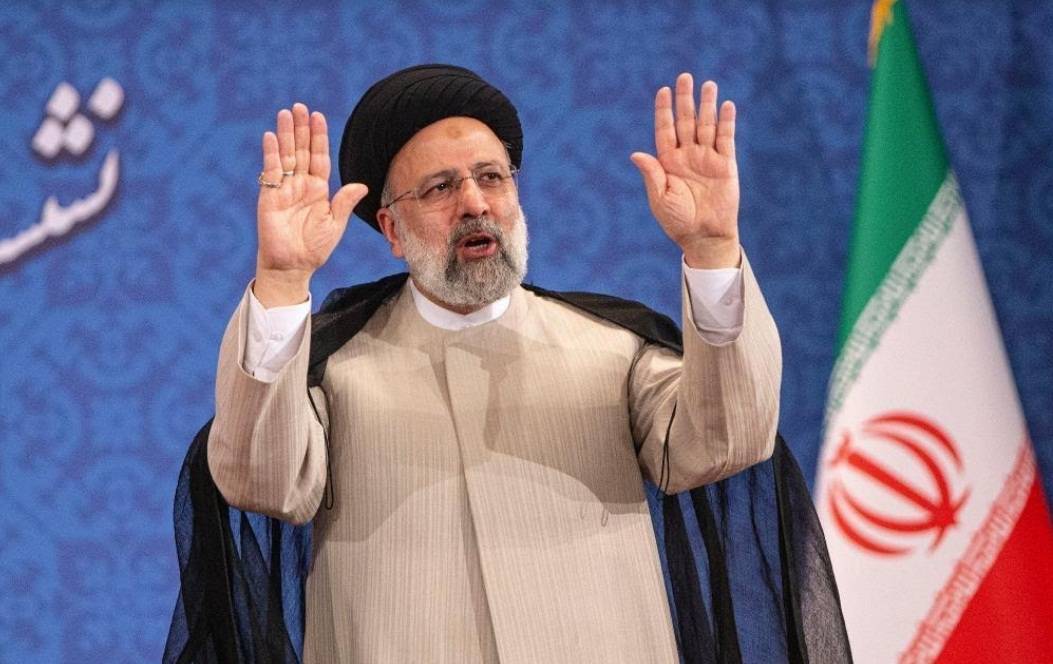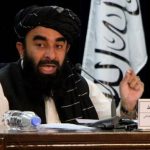Haqmal said that there is no conflict that may kill millions, but ordinary Afghans are forced to leave the nation while millions live below the poverty line….reports Asian Lite News
As people residing in Afghanistan face the horrors of Taliban atrocities since the fall of Kabul, an expert believes that the Taliban are the root cause of all of Afghanistan’s troubles and under their rule people are facing the most difficult scenario in the country’s history.
Red Lantern Analytica on Thursday hosted a webinar titled “Regional and Global Implications of Taliban Rule: Afghan Voices.” The Red Lantern Analytica organized a panel featuring specialists in the fields of human rights, security, and geopolitics of South Asia.
Kabir Haqmal, an ex-spokesperson for the office of the National Security Council said, “The Taliban regime has brought upon a crisis which is a humanitarian crisis, a national crisis, as well as an economic crisis and a political crisis. This has been brought upon by the Taliban, which is backed by regional and some international powers.”
Haqmal said that there is no conflict that may kill millions, but ordinary Afghans are forced to leave the nation while millions live below the poverty line. Also, millions of women lack access to education, and the Afghan community lacks trust in the Taliban regime.

He added that the Taliban’s actions are backed by ISI operatives and the Pakistani and Chinese governments. Every day, women and members of Afghanistan’s ethnic communities march on the streets, refusing to accept Taliban authority.
The Taliban’s return has set the path for another catastrophe unprecedented in the country’s history, necessitating another revolution. The Taliban are unwilling to work democratically because they reject public opinion and deny elections and media coverage, among many other things, Haqmal noted.
He further stated that the Taliban are the “root cause” of all of Afghanistan’s troubles, and Afghans under their rule are facing the most difficult scenario in the country’s history.
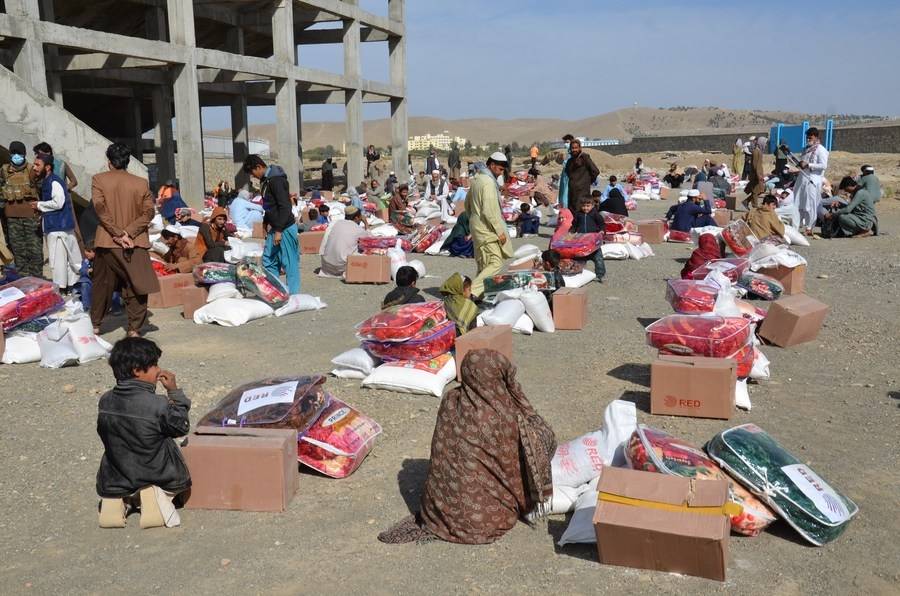
Talking about the humanitarian assistance provided to Afghanistan, Haqmal said that several foreign groups and organizations are attempting to provide assistance worth millions of dollars, but their efforts have proven largely ineffective.
“When a government that has operated democratically for two decades abruptly relinquishes power, these organizations cannot simply fulfil their responsibilities by infusing money into the country at a time when the Afghan administrative system has completely crumbled,” he added.
According to Haqmal, the ideal form of help for Afghanistan would be for the international community to pressure the Taliban regime into accepting a “loya jorga” system (elections) for a certain term in order to construct a favourable administrative system for Afghans.
Afghans should have the right to vote, and the country should hold legitimate democratic elections. If fair elections were held, the Afghans would have ousted the Taliban, he added.
In response to a question on whether he could discuss Pakistan’s involvement in causing the Taliban crisis, Haqmal stated that Pakistan is the “primary element” driving Taliban rule.
Major Amit Bansal, who addressed an Indian perspective on Afghanistan’s violence and anarchy, as well as the Doha Agreement Factor, which was a big blunder in the making, stated the deal did not take the opinions of the Afghan people into consideration, and the agreement struck between the US and Afghanistan was a watershed moment.
Bansal continued discussing how the greatest threat to Afghanistan throughout the social spectrum is the humanitarian food crisis, which will only worsen as it spreads to the country’s most marginalized parts.
He also discussed how Pakistan has been a significant impediment and has been responsible for building barriers in the movement of supplies and imports via its shared border with Afghanistan.
Bansal concluded by stating that the “only way to resolve these issues is for the Afghan people to take action. Rather than fighting and fleeing the country, the people must find a solution and unify through democratic protests.”
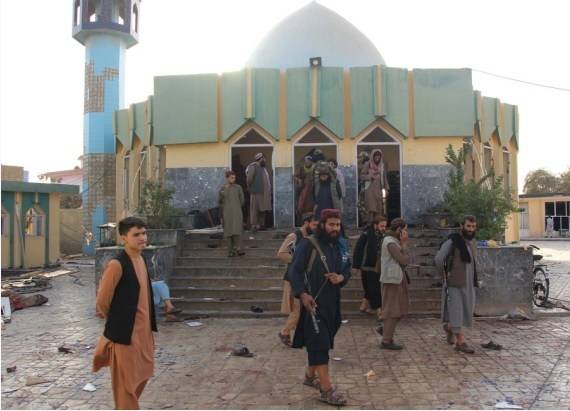
Meanwhile, Nilofar Ayoubi, an Afghan journalist who touched briefly on the issues of women in Afghanistan, said that both the regional as well as the international community have turned a blind eye towards the plight of Afghan women.
Ayoubi mentioned that currently, brave Afghan women are protesting against the Taliban amidst constant reports of their being detained, tortured, and even raped by the Taliban. The families of these girls remain tight-lipped because of death threats from the Taliban regime.
“Many female activists are getting detained and their current state of wellbeing is largely unknown. The Taliban are using all the tricks possible to jail and quell any protests against their largely unpopular government,” Ayoubi added.
The Taliban took over control of Kabul last year on August 15 and following this the country has been battered by deepening economic, humanitarian and security crisis. (ANI)


